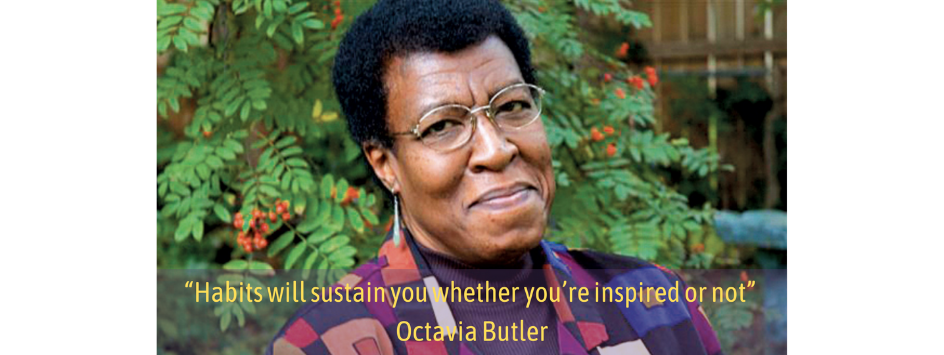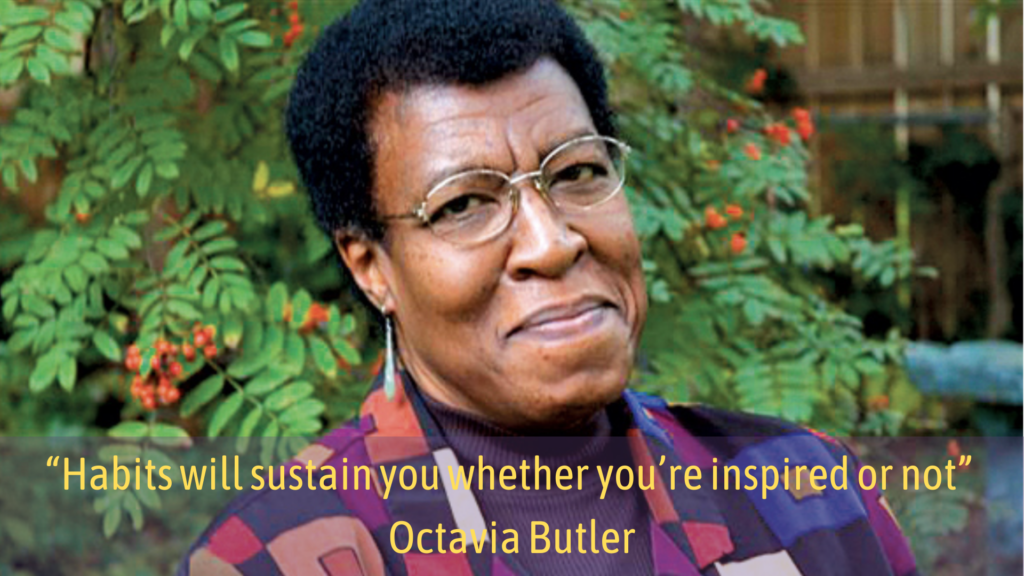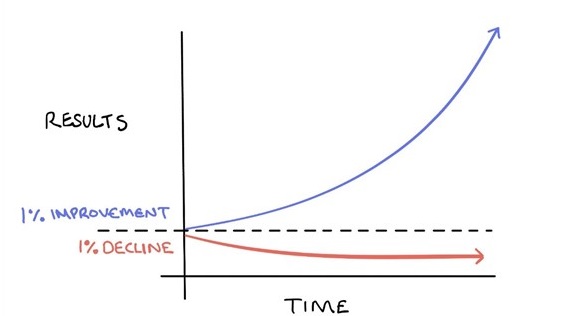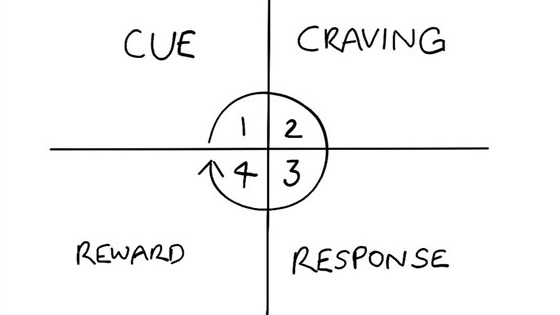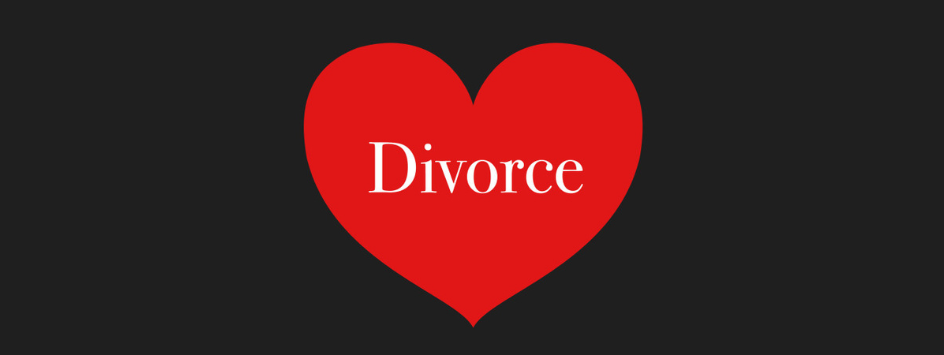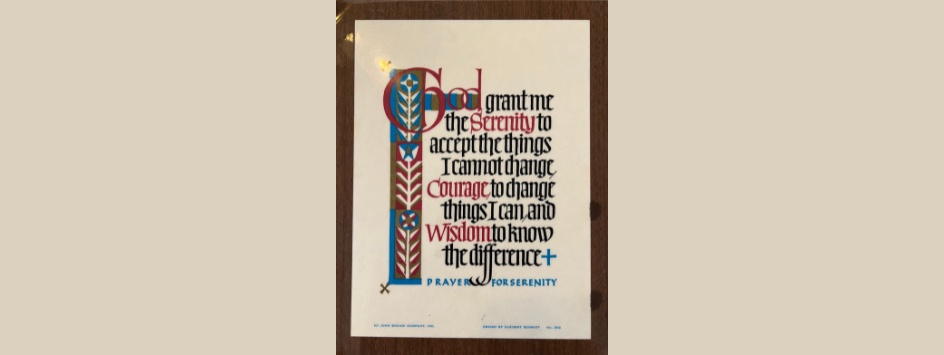As I prepare for my 2021 planning, I’ve been thinking about my habits. I couldn’t think of a catchy title for this topic, so I resorted to sex. Other titles that I considered include:
You get the idea. Some people have great habits and they just do them day after day. I am not one of those people. I have some habits that come and go—for example, exercise. But, as I mentioned in my newsletter last week, I am now ALL IN for exercise at a much deeper level of commitment thanks to a book that has influenced me powerfully: Younger Next Year. Basically, after 45 or 50, you either exercise 6 days a week or you deteriorate.
I realize that information isn’t a new revelation. It seems as if there are some lessons we need to learn over and over again. At some point we get it. Or the need and downside of not doing it become greater than the inconvenience of doing it.
But there are strategies we can employ to get on a good path sooner, and stay there longer.
There are many fabulous books on habits. I’ll share some nuggets from one of my favorites: Atomic Habits: An Easy & Proven Way to Build Good Habits & Break Bad Ones. Below, I’ve further abbreviated a summary by Aidan Hornsby of the book. Check out his summary for more details.
The Surprising Power of Atomic Habits
We convince ourselves that massive success requires massive action. Actually, the inverse is true: Small improvements accumulate into remarkable results.
Habits are the compound interest of self-improvement. The same way that money multiplies through compound interest, the effects of your habits multiply as you repeat them.
Your habits can compound for or against you. Here are some examples:
Positive Compounding
Productivity: Accomplishing one extra task is a small feat on any given day, but it counts for a lot over an entire career.
Knowledge: Learning one new idea won’t make you a genius, but a commitment to lifelong learning can be transformative.
Relationships: People reflect your behavior back to you. The more you help others, the more others want to help you.
Negative Compounding
Stress: By themselves, common causes of stress are manageable. But when they persist for years, little stresses compound into serious health issues.
Negative thoughts: The more you think of yourself as worthless, stupid, or ugly, the more you condition yourself to interpret life that way. The same is true for how you think about others.
How to Build Better Habits in 4 Simple Steps
The habit loop
The cue triggers a craving, which motivates a response, which provides a reward, which satisfies the craving and, ultimately, becomes associated with the cue.
How to create a good habit
- Cue: Make it obvious.
- Craving: Make it attractive.
- Response: Make it easy.
- Reward: Make it satisfying.
These laws can be inverted to learn how to break a bad habit:
How to break a bad habit
- Cue: Make it invisible.
- Craving: Make it unattractive.
- Response: Make it difficult.
- Reward: Make it unsatisfying.
Whenever you want to change your behavior, simply ask yourself:
- How can I make it obvious?
- How can I make it attractive?
- How can I make it easy?
- How can I make it satisfying?
What are the habits you want to amp up for 2021?
What habits do you want to leave behind?
We will explore these questions during Ignite Your Life 2021.
Ignite Your Life 2021
As a reminder, I am opening up my annual planning process this year and invite you to join me. There is no cost to participate. I’ve scheduled four 1-hour Zoom sessions to Ignite Your Life for 2021. I will kick off this planning party on December 11 at noon PT (3 p.m. ET). You can register here. Subsequent sessions will be on December 18, January 8 and 15. We have a fabulous group already registered and would love to have you join us!
May your good habits be strong!
Barbara Fagan-Smith
CEO, ROI Communication
Chief Catalyst, Living ROI

